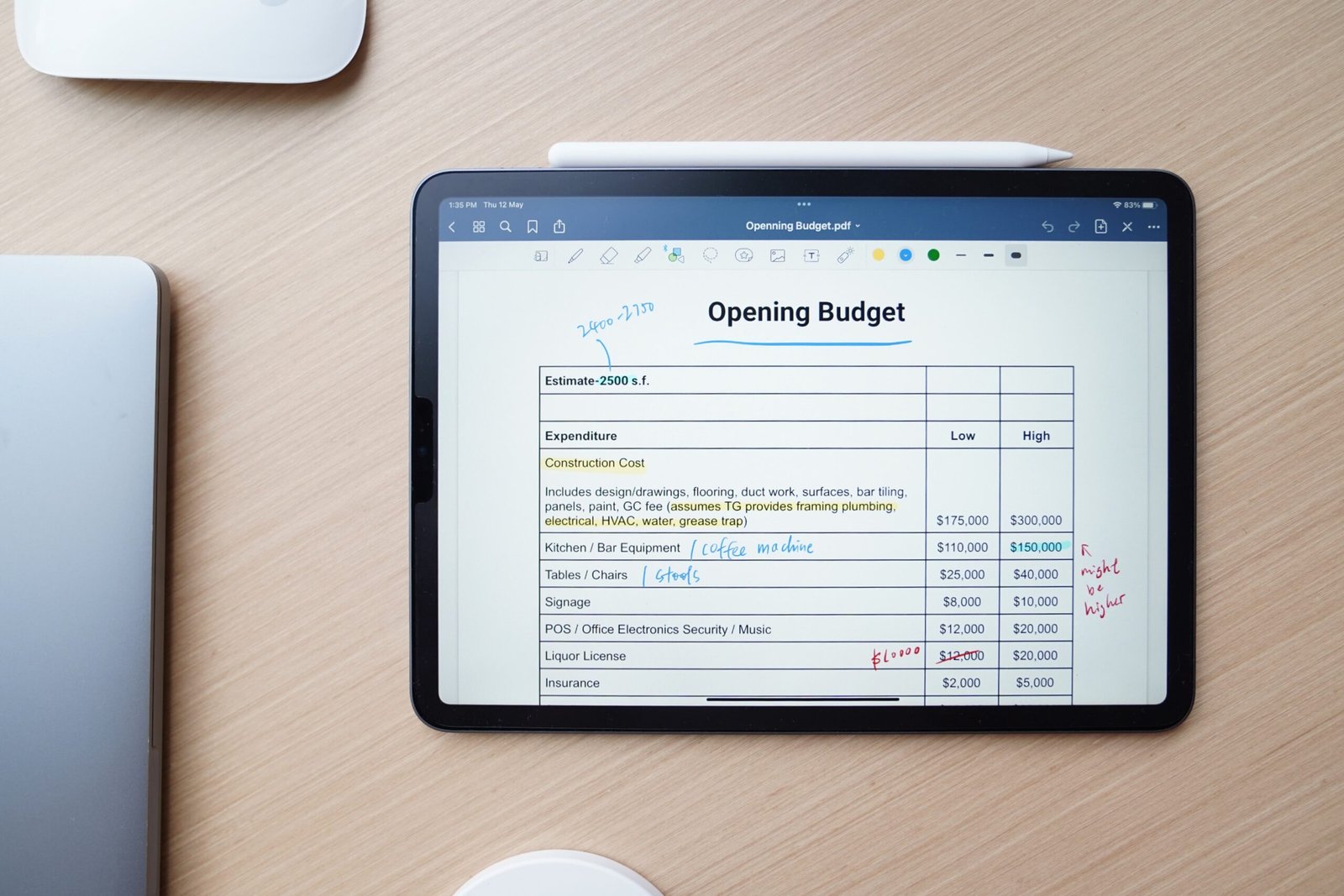Summary:
Learn how to create a holiday budget that will help you manage your finances and enjoy the festive season without breaking the bank. This comprehensive guide provides step-by-step instructions, useful tips, and real-life examples to help you plan and stick to your budget, ensuring a stress-free and financially responsible holiday season.
Introduction:
Picture this: the holiday season is approaching, and you’re filled with excitement and anticipation. However, you’re also worried about the financial strain that often accompanies this time of year. Sound familiar? Don’t fret! In this article, we will show you how to create a holiday budget that allows you to enjoy the festivities while keeping your finances in check.
1. Assess Your Financial Situation:
Before diving into the budgeting process, it’s essential to have a clear understanding of your current financial situation. Take stock of your income, expenses, and any existing debts. This will help you determine how much you can allocate towards holiday expenses.
For example, if your monthly income is $3,000 and your expenses total $2,500, you have $500 available for your holiday budget.
2. Set Clear Goals:
Decide what you want to achieve with your holiday budget. Are you looking to save money? Do you want to prioritize certain expenses? Setting clear goals will help you stay focused and make informed decisions throughout the budgeting process.
For instance, your goal might be to save $500 for holiday gifts and $300 for travel expenses.
3. Identify Holiday Expenses:
Make a list of all the potential holiday expenses you anticipate. This includes gifts, decorations, travel, food, and entertainment. Be as specific as possible, and don’t forget to account for any additional costs, such as wrapping paper or holiday cards.
For example, your list might include gifts for family and friends, a Christmas tree, airfare to visit relatives, and ingredients for holiday meals.
4. Allocate Budget to Each Expense:
Once you have your list of expenses, allocate a specific budget to each category. This will help you prioritize your spending and prevent overspending in one area.
For instance, you might allocate $200 for gifts, $100 for decorations, $300 for travel, and $200 for food and entertainment.
5. Research and Compare Prices:
Before making any purchases, take the time to research and compare prices. Look for sales, discounts, and promotions to stretch your budget further. Online shopping platforms and price comparison websites can be valuable resources in finding the best deals.
For example, if you’re planning to buy a specific gift, compare prices across different stores or websites to ensure you’re getting the best price.
6. Track Your Expenses:
Keep a record of all your holiday-related expenses to stay on top of your budget. Use a spreadsheet, budgeting app, or even a simple pen and paper to track your spending. Regularly reviewing your expenses will help you identify any areas where you may be overspending and make adjustments as needed.
For instance, if you notice that your gift expenses are exceeding your allocated budget, you can reassess your choices or find ways to cut back in other areas.
7. Plan for Unexpected Costs:
Holidays often come with unexpected expenses, such as last-minute gifts or unforeseen travel expenses. It’s important to have a contingency fund in your budget to account for these surprises. Set aside a small amount of money specifically for unexpected costs.
For example, you might allocate $50 as a contingency fund to cover any unforeseen expenses that may arise during the holiday season.
8. Avoid Impulse Buying:
One of the biggest challenges during the holiday season is resisting the temptation to make impulse purchases. Stick to your budget and avoid unnecessary spending by creating a shopping list and sticking to it. Consider thoughtful and meaningful gifts rather than extravagant ones.
For instance, instead of buying expensive gadgets, consider personalized gifts or experiences that hold sentimental value.
9. Embrace DIY and Budget-Friendly Alternatives:
Get creative and explore do-it-yourself (DIY) options or budget-friendly alternatives for decorations, gifts, and entertainment. DIY projects can be a fun and cost-effective way to add a personal touch to your holiday celebrations.
For example, you could make homemade ornaments, create personalized photo albums, or organize a potluck dinner instead of dining out.
10. Review and Reflect:
Once the holiday season is over, take the time to review your budget and reflect on your spending. Evaluate what worked well and what could be improved for future holiday seasons. Use this opportunity to adjust your budgeting strategies and set new goals for the following year.
For instance, if you overspent in certain areas, consider reallocating your budget or finding ways to save more throughout the year to avoid financial strain during the holidays.
FAQs:
Q1: How far in advance should I start budgeting for the holidays?
A1: It’s recommended to start budgeting for the holidays at least a few months in advance to ensure you have enough time to save and plan accordingly.
Q2: Should I include non-gift expenses in my holiday budget?
A2: Yes, it’s important to account for all holiday-related expenses, including decorations, travel, food, and entertainment, to create a comprehensive budget.
Q3: What if my budget doesn’t allow for extravagant gifts?
A3: Remember, the value of a gift lies in the thought and sentiment behind it. Focus on meaningful and personalized gifts rather than extravagant ones.
Q4: How can I avoid overspending during holiday sales?
A4: Make a shopping list before sales begin and stick to it. Avoid impulse buying and stay mindful of your budget and financial goals.
Q5: Is it necessary to have a contingency fund in my holiday budget?
A5: Yes, having a contingency fund will help you cover unexpected expenses that may arise during the holiday season, ensuring you stay within your budget.
Tips:
- Start saving for the holidays early to alleviate financial stress.
- Consider setting up a separate bank account specifically for holiday expenses.
- Utilize budgeting apps or online tools to help you track your expenses.
- Take advantage of free or low-cost holiday activities in your community.
- Remember that the holiday season is about spending quality time with loved ones, not just material gifts.
Conclusion:
Creating a holiday budget doesn’t have to be daunting. By following these steps, setting clear goals, and staying disciplined, you can enjoy a festive and financially responsible holiday season. Remember, the key is to plan ahead, prioritize your spending, and make thoughtful choices that align with your budget and values. Start today, and make this holiday season one to remember without the stress of overspending.
Call to Action:
Ready to take control of your holiday spending? Start by creating a budget using the steps outlined in this guide. With proper planning and mindful spending, you can enjoy the holiday season without the financial burden. Happy budgeting!








